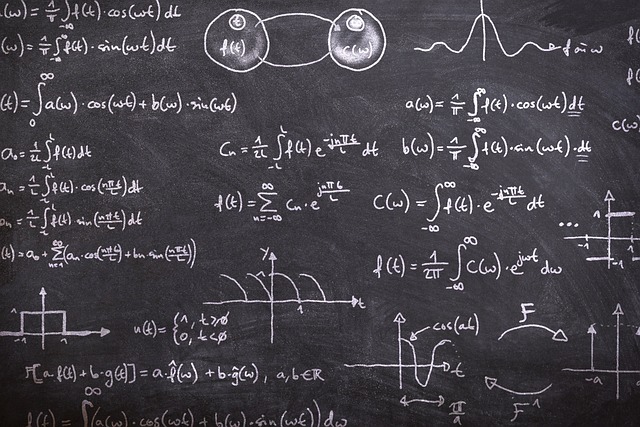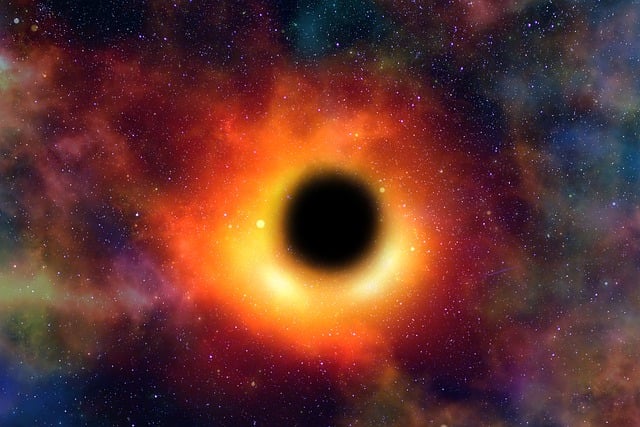【Philosophy】African philosophy cannot be a thing
This essay unpacks several arguments about the metaphilosophic nature of African philosophy and charts a way through the problems these arguments enco... [more]
This essay unpacks several arguments about the metaphilosophic nature of African philosophy and charts a way through the problems these arguments enco... [more]
I use the concept of epistemic injustice to think through the practice and methodology of comparative, or fusion, philosophy. I make two related claim... [more]
Philosophical modeling has a long and distinguished history, but the computer offers new and powerful prospects for the creation and manipulation of models. It seems inevitable that the computer will become a major tool in future philosophical research. H
Changes in the aims and methods of the philosophy of mind have occurred in recent decades. In particular, computer simulations have emerged as a means of constructing empirically and conceptually defensible theories of mind. This article explores pedagogi

A. N. Whitehead (1861-1947) contributed notably to the foundations of pure and applied mathematics, especially from the late 1890s to the mid 1920s. An algebraist by mathematical tendency, he surveyed several algebras in his book Universal Algebra (1898).
In this article I attempt to present an explanation that integrates the five features needed for the cognitive (knowledge-yielding) linking of philosophy and literature. These features are, first, explaining how a literary work can support a general claim
The present information explosion on the World Wide Web poses a problem for the general public and the members of an academic discipline alike, of how to find the most authoritative, comprehensive, and up-to-date information about an important topic. At t
In the past thirty years environmental ethics has emerged as one of the most vibrant and exciting areas of applied philosophy. Several journals and hundreds of books testify to its growing importance inside and outside philosophical circles. But with all
Modern Lithuanian philosophy originated as a response to the questions formulated in Russian philosophy - religious, moral, and social. Later it turned to Continental European philosophy, preoccupying itself with German and French existentialism, hermeneu

Total quality management (TQM) has been a widely applied process for improving competitiveness around the world. The implementation of TQM usually consists of both TQM philosophy from Deming's 14 points, Juran's ten steps, and Crosby's 14 steps and tec
Process philosophy can contribute with alternative perspectives and views to traditional strategic management theory. The Western tradition of thinking, the metaphysics of Being as presence, based upon the binary separation between transcendental ideas an
In this paper it is argued that risk assessment (RA) should be based on principles of philosophy of science. However, in the field of toxicology and the associated RA this is generally not the case. The aim of this presentation is to demonstrate various p
Computational and information-theoretic research in philosophy has become increasingly fertile and pervasive, giving rise to a wealth of interesting results. In consequence, a new and vitally important field has emerged, the philosophy of information (PIP
start from John Norton's analysis (1985) of the reach of Einstein's version of the principle of equivalence which is not a local principle but an extension of the relativity principle to reference frames in constant acceleration on the background of Min
This paper offers an alternative view of spacetime different from both substantivalism and relationism. Using basic ideas underlying the fiber bundle formulation of field theories, it illustrates the function of spacetime in individuating local fields. As
I reappraise in detail Hertz's cathode ray experiments. I show that, contrary to Buchwald's (1995) evaluation, the core experiment establishing the electrostatic properties of the rays was successfully replicated by Perrin (probably) and Thomson (certai

Black holes have their own thermodynamics including notions of entropy and temperature and versions of the three laws. After a light introduction to black hole physics, I recollect how black hole thermodynamics evolved in the 1970s, while at the same time